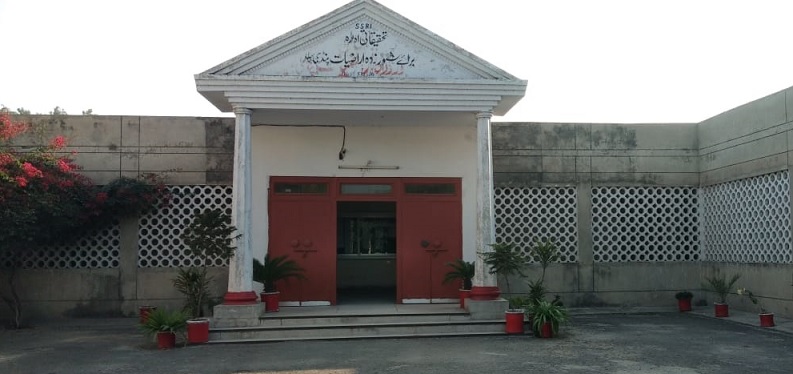Salinity is a particular problem in irrigated agriculture and tackling of this problem is very crucial for achieving food security. Several control and management strategies, such as application of gypsum and organic manures (press mud, poultry manure, FYM, compost wheat & rice straw), followed by irrigation are essential for tackling salinity problem. The acute shortage of canal water compelled the farmers to utilize the tube well water. About 70 % of tube well irrigation water is unfit for crop production. The sole use of brackish tube well water is also contributing towards salinity. The management of tube well water has considerable importance for reclamation of salt affected soils and growing of crops. Two main strategies to control and manage the soil salinization are
- Get rid of salinity.
- Living with salinity.

Get rid of salinity refers to reclamations of salt affected soil by which salts are leached down out that allow & salts to be washed out of the root zone of crops. Living with salinity is more pragmatic approach which refers to the ways of adapting crops to more saline conditions. For example, cultivation of salt tolerant crops/plant varieties.
Objectives
- Economic utilization of salt affected soils
- Development of reclamation technology for salt affected soils
- Improvement of plant nutrition in salt affected soils
- Screening & evolution of salt tolerant crop varieties
- Development of crop production technology for salt affected soils
- Management of brackish water for crop production
- Advisory services to farmers for utilization of brackish water and salt affected soils
